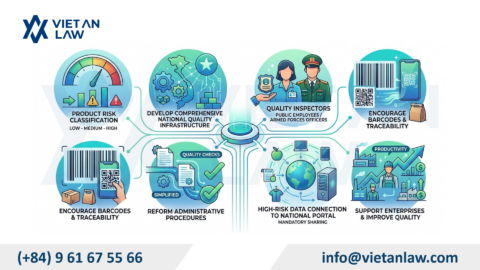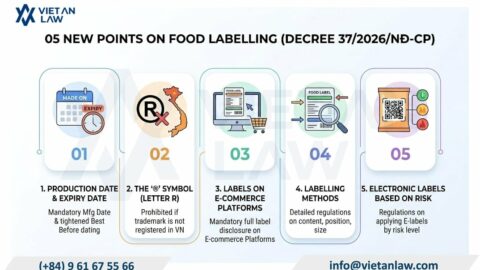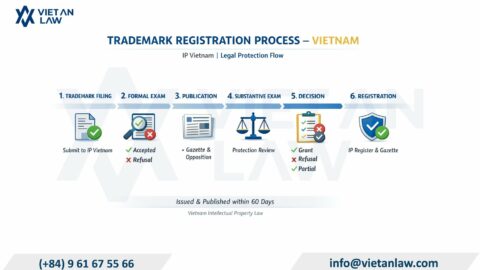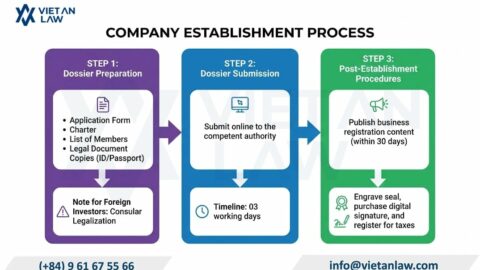In recent times, the application of achievements of the fourth industrial revolution in the field of financial technology (Fintech) in the world in general and in Vietnam, in particular, has created many new products and services, including peer-to-peer lending applications (hereinafter referred to as P2P Lending). In Vietnam today, how are the P2P lending regulation in Vietnam? Below, Viet An Law will update some information for clients.
Table of contents
Peer-to-peer lending (P2P Lending) is designed and built on a digital technology platform, directly connecting borrowers with lenders (investors) without going through a financial intermediary.
Accordingly, all borrowing and debt repayment activities (principal and interest) between borrowers and lenders are recorded and stored by the online trading platform of the company operating the platform in electronic, digitized records on the database system of the P2P Lending company, posted for customers to register to participate in the platform to access.
In Vietnam, a company operating similar to the P2P Lending model began to appear in 2016 with the website huydong.com. Since then, many other P2P Lending companies have gradually come into operation, such as Tima, SHA, Mobivi, and Vaymuon.vn, Mofin… However, Vietnamese law currently does not have specific legal regulations on P2P Lending activities, but is only in the construction phase, collecting opinions for promulgation.
Previously, the Law on Credit Institutions 2010 did not have any regulations governing bank lending activities. Therefore, the State Bank issued Official Letter No. 5228/NHNN-CSTT in 2019 on peer-to-peer lending activities to provide a number of recommendations for credit institutions to ensure system safety.
Recently, the Law on Credit Institutions 2024 has been issued with a provision in Article 106 on the Government detailing the controlled testing mechanism in the banking sector. To realize this provision, the Government is currently seeking comments on the second draft of the Decree regulating the controlled testing mechanism in the banking sector, including provisions on P2P lending activities.
Pursuant to Clause 6, Article 3 of the draft Decree, peer-to-peer lending (P2P Lending) is a lending activity on a technology platform designed and implemented based on financial technology applications by a peer-to-peer lending company acting as an intermediary connecting borrowers with lenders.
Peer-to-peer lending is one of the Fintech solutions in the banking sector that is allowed to be tested in the pilot mechanism, along with solutions such as technology-based credit granting, credit scoring, blockchain technology applications, distributed ledgers, etc.
Peer-to-peer lending companies during the process of participating in the Testing Mechanism are not allowed to perform the following activities:
These regulations aim to protect transparency, minimize risks for borrowers and lenders, and ensure peer-to-peer lending operates within a strict and clear legal framework.
A peer-to-peer lending company must have a Certificate of participation in the Testing mechanism.
To be granted this license, a peer-to-peer lending company must meet the following conditions:
Peer-to-peer lending solutions participating in the testing mechanism satisfy the following criteria:
Note: Within 90 working days from the date of issuance of the Certificate of Participation in the testing mechanism by the State Bank, the P2P lending company shall conduct testing of the Fintech solution within the prescribed scope. The State Bank shall decide on the scope of operation of the solutions including, but not limited to, one or more of the following factors: Geographical, transaction limit, number of customers using the solution; and shall not change during the testing period.
The draft Decree regulating the controlled testing mechanism in the banking sector is still in the process of collecting opinions for approval and promulgation. If this regulation is approved, it will be an important step in perfecting the legal framework for the fintech industry in Vietnam in general and P2P lending in particular, helping to improve transparency and protect the rights of customers in the field of P2P lending.
Above is an update on P2P lending regulation in Vietnam. If you have any related questions, please contact Viet An Law for the best advice and support!




